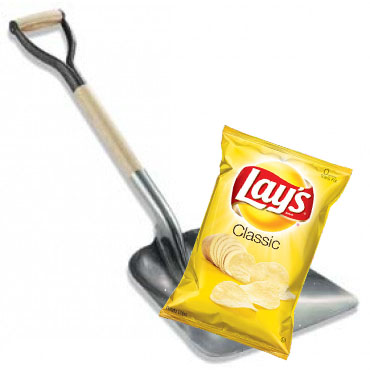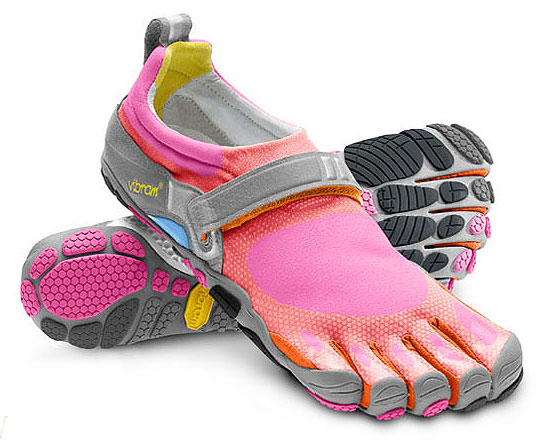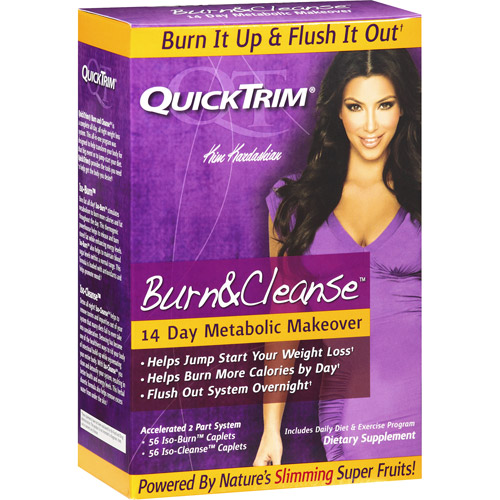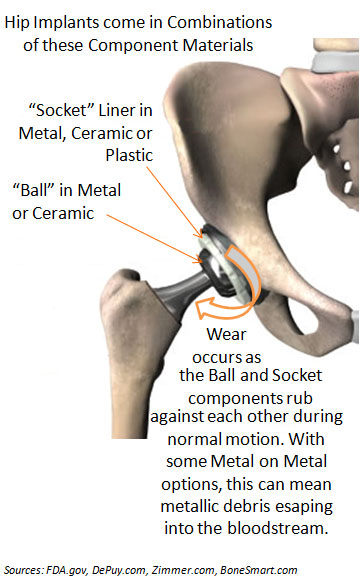 Top Class Actions
Top Class Actions
Potato Chips are Healthy! Seriously–it’s time for the shovel on this one folks. A federal consumer fraud class action lawsuit filed against PepsiCo and its subsidiary Frito-Lay this week, claims they mislead customers by “misbranding” their potato chips as healthy because they contain “0 grams of Trans Fat.” Call me old-fashioned, but I think that’s a bit of leap. Like—what exactly happened in the potato-chip-making process that suddenly makes the king of junk food healthy?
Not much, it seems. The Frito-Lay lawsuit contends the advertising does not point out that every 50 chips contains more than 13g of fat. Well, hello!
Specifically, the class action lawsuit accuses Frito-Lay of violating federal and California laws that require companies to provide truthful, accurate information on the labels of packaged foods.
“As consumer preferences have begun to favor healthier options, Defendants have chosen to implement a health and wellness strategy to reposition their products as a healthy option,” the Frito-Lay fraud class action lawsuit states. “Defendants recognize that health claims drive food sales and actively promote the purported health benefits of their Misbranded Food Products, notwithstanding the fact that such promotion violates California and federal law.”
Among the deceptive health claims included in the Lay’s potato chips advertising are that the chips are “prepared with healthier oils,” that Frito-Lay’s snack chips “contain 0 grams of Trans Fat, are low in saturated fat and cholesterol-free,” and that the chips contain “good stuff like potatoes, which naturally contain vitamin C and essential minerals.”
Ok. Nothing short of an Easter miracle is going to make potato chips healthy. Come on.
The consumer fraud class action also notes that Frito-Lay tells consumers that “Snacking is an important part of a healthy diet” and that “Snacks may benefit special populations including people with diabetes, children and adolescents, older adults, and pregnant women.” At a loss for words at this point.
According to the lawsuit, “If a manufacturer is going to make a claim on a food label, the label must meet certain legal requirements that help consumers make informed choices and ensure that they are not misled.” However, PepsiCo and Frito-Lay “have made, and continue to make, false and deceptive claims” in violation of state and federal law. Furthermore, lawyers for the plaintiffs contend, “Misbranded food is worthless as a matter of law, and purchasers of misbranded food are entitled to a refund of their purchase price.”
The Frito-Lay consumer fraud class action lawsuit is brought on behalf of all California consumers who, have purchased Frito-Lay potato chips labeled “0 grams Trans Fat” but which contained more than 13 grams of fat per 50 grams and purchased those chips within the past four years.
The lawsuit is seeking damages, restitution or disgorgement, as well as a cease and desist order banning the companies from selling their allegedly misbranded food products. (Just in case the collective consumer wisdom accumulated over the past 50 years fails to kick in?)
Raw Deal of the Day? Somewhere in Groupon’s tagline, the word beleaguered should appear. To say this company is beset with lawsuits would be an understatement. This week, it’s a securities class action alleging it released “materially false and misleading statements” regarding its financial results. The Groupon lawsuit seeks class-action status on behalf of shareholders who acquired Groupon shares between November 4, 2011 and March 30, 2012.
The lawsuit also claims Groupon’s revenue and growth were overstated, and the company “was not nearly resistant to competition as suggested by defendants.”
The fellow who filed the suit, Fan Zhang, claims that Groupon “failed to disclose negative trends” that would have affected its IPO pricing of 35 million shares of common stock at $20 per share.
Short version—Fan Zhang reportedly bought 3,000 shares of Groupon at an estimated $61,800 in February, then sold those shares in March at a $9,000 loss. Ouch! The lawsuit goes on to state “Groupon’s internal controls were so poor and inadequate that Groupon’s reported results were not reliable.”
The defendants include Groupon Chief Executive Andrew Mason and several banks that helped take the company public, including the lead IPO underwriters Credit Suisse, Goldman Sachs and Morgan Stanley. Um. None of those banks are strangers to lawsuits. Oh well, if you’re heading into a lawsuit like this, best to have some experienced people with you…
Top Settlements
And While we’re on the Subject of Groupon… they agreed to settle a consumer fraud class action this week to the tune of $85.million. The Groupon lawsuit, filed by disgruntled customers, (who else?) alleges that the expiration dates on Groupon coupons are illegal.
The proposed settlement applies to anyone who purchased Groupon vouchers before December 1, 2011. Under the terms of the settlement, the class members can either redeem the coupons beyond their expiration date or, if they are unable to do so, obtain a refund from the $8.5 million fund. Residents in some states can seek refunds only for vouchers sold after Aug. 22, 2010.
And, for the next three years, also as part of the settlement, Groupon has agreed not to sell more than 10 percent of its daily deals with an expiration date of less than 30 days after their issue date.
According to Bloomberg.com, the settlement pertains to no less than 17 lawsuits filed against the daily deals dealer, which were subsequently consolidated. The plaintiffs claimed Groupon and various retailers violate federal and state consumer protection laws with improper expiration dates and other provisions for the vouchers, such as the requirement that they be used in a single transaction.
“Groupon effectively creates a sense of urgency among consumers to quickly purchase ‘groupon’ gift certificates by offering ‘daily deals’ for a short amount of time,” according to the first lawsuit which was filed in 2011. “Consumers therefore feel pressured and are rushed into buying the gift certificates and unwittingly become subject to the onerous sales conditions.”
New Meaning to Graft? And then there’s Medtronic. What can we say about these guys—that’s good? Not much really. Although this news is good—for investors. The medical equipment company has agreed to pony up $85 million to settle investors’ claims regarding stock fraud.
The securities class action lawsuit claims that the investors were misled by company leaders on the off-label uses of the company’s highly controversial Medtronic Infuse bone graft. This product is troubling from a number of angles.
The Medtronic stock fraud settlement still awaits final documentation and court approval.
The lawsuit, filed in 2008 by the Minneapolis Firefighters Relief Association, claims that Medtronic’s officers and directors misled investors through a nearly decade-long campaign to illegally promote Infuse for uses not approved by the Food & Drug Administration.
Sales and future growth of the graft were “driven by misconduct that invited, and ultimately brought about, the scrutiny of federal regulators and an abrupt decline in sales,” according to a case brief by attorneys for the investors. As a result, revenues declined, so did the value of shares, which fell to $31.60 from $57.86.
And on that happy note—that’s a wrap. Happy Good Friday everyone.
Wait—is that a bunny on my lawn?









